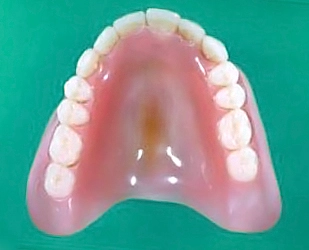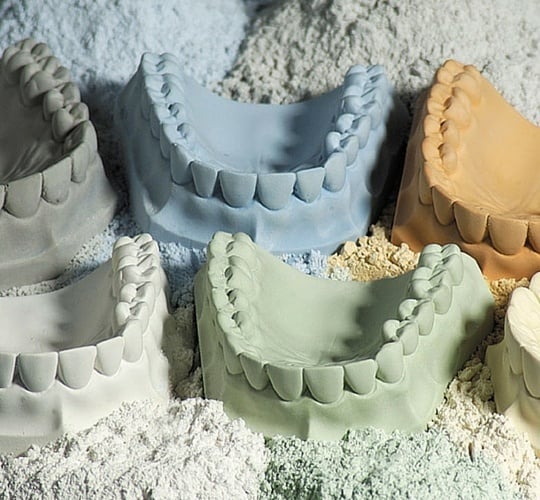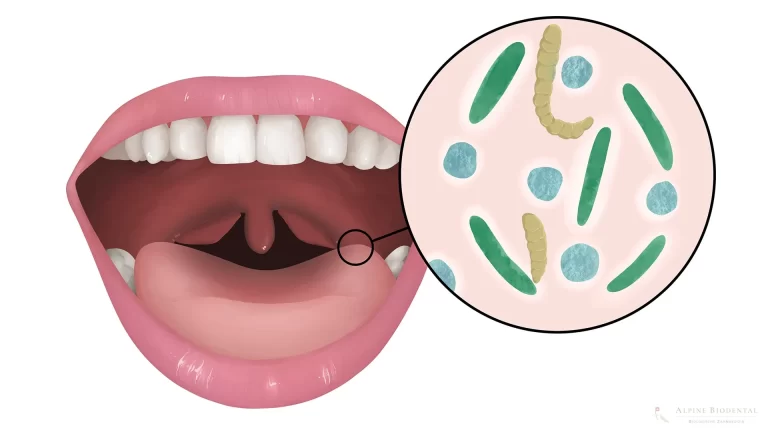Impression Materials In Dentistry
Definition of Impression Materials Impression materials in dentistry refers to substances used to create precise negative replicas of oral soft and hard tissues. These replicas, known as impressions, capture the detailed morphology of the patient’s mouth, including teeth, gums, and…






